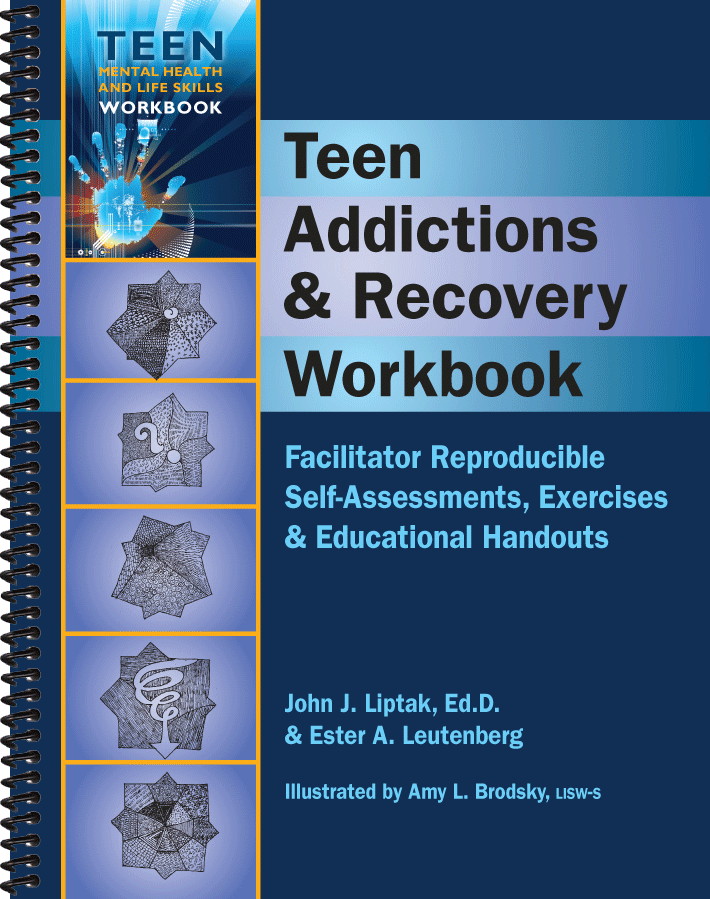*This product may have minor imperfections, such as bent corners, scratches, and scuffs, but is otherwise in good condition.
Teen addictions come in many different shapes and forms. When most people hear the word addiction, they usually think of drug use and abuse. In reality, many kinds of addictive behaviors exist. Addictions have very different effects on the body and mind of the person. Other addictions include drugs and alcohol, caffeine, cigarettes, steroids, computer use and social networking, gambling, cigarettes and cigars, video games, texting, pornography, sex, sugar, money, shopping, self-injury, exercising, thrill-seeking and prescription drugs.
Teens have these addictions for a variety of complicated reasons, including:
- To fit in
- To be accepted
- To change an image
- To feel more social
- To get in with a specific clique of peers
- To feel excited when bored
- To distance themselves from family
- To provide distance from school problems
- To relax from the pressures of everyday life
- To gain confidence and loosen inhibitions
- To boost self-esteem
- To feel less lonely
- To “numb” feelings
- To feel important
- To feel less depressed
- To feel less anxious
- To rebel
- To seem “cool”
The Teen Addictions & Recovery Workbook contains six separate sections to help participants learn more about themselves and how addictions impact their lives.
- Do I Overdo My Habits? Scale helps individuals explore those types of habits they tend to overdo and identify ways to overcome these negative habits.
- Am I Likely to be Addicted? Scale helps individuals examine if they have a constellation of personality traits predisposing them to various addictions.
- Am I Addicted? Scale helps individuals to determine the level of their addiction to substances, activities and/or thoughts and behaviors.
- Am I Relapsing? Scale helps individuals identify the changes in thinking, feeling, and behavior accompanying relapse.
- Can I Stop? Scale helps individuals define a clearer picture of the excuses they may use to continue their addiction and guides them to ways they can stop.
- Change and Recovery Scale helps individuals explore the level of self-discipline and willpower they have in combating addictions.
Use the exploratory activities, reflective journaling exercises, and educational handouts to help teens discover their habitual and ineffective methods of managing addictions and explore new ways to bring about healing.

